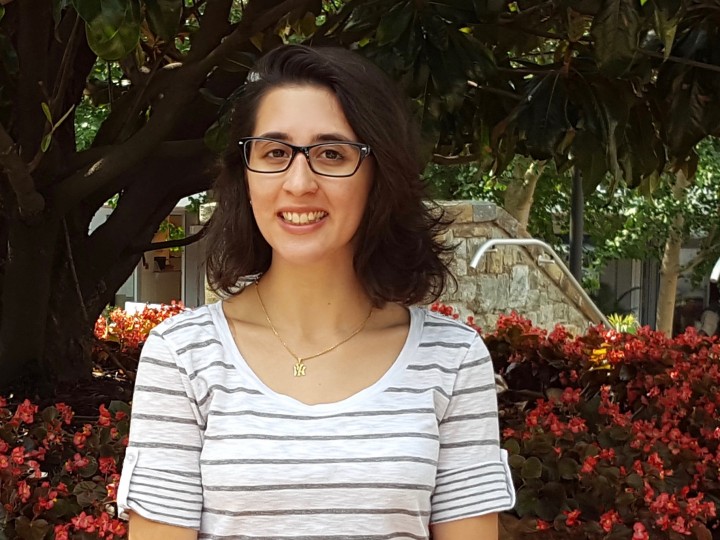Education & Training
M.A. in English literature from The Catholic University of America; B.A. in English from Adelphi University with a minor in Spanish
Experience
Since 2014, I’ve worked with Thinking Organized as an Educational Mentor. In sessions, I teach clients how to plan ahead, write effectively, initiate challenging tasks, and more. I have a special interest in working with individuals who have anxiety and/or depression, where we work together to determine best strategies to understand and manage their stressors and the impacts that these have on both their academic and personal lives. Additionally, I have ample experience helping students navigate the college application process and adjust to the heightened expectations of university life. In my work with middle and high school students, I emphasize the importance of advocacy and independence so that they are better prepared to manage future academic rigors
1. What drew you to this work?
When I was a kid, I always dreamed of being a teacher. However, actually standing in front of a room full of students wasn’t exactly what I imagined. I later worked in the Writing Center during my undergraduate and graduate career, and I realized that I really enjoyed working one-on-one with students because it helped to establish a unique rapport and better enabled me to offer personalized strategies. After earning my Master’s degree, I knew that I wanted to be in a field where I could directly support students to help them strengthen multiple skills that would make it easier to manage both their academic and personal lives.
2. What strengths or skills do you bring to your work with students and families?
Over the last decade, I’ve worked with a number of students with different strengths and challenges. Learning how to navigate those differences has helped me to develop and refine numerous strategies that I can teach to new students. There’s no one-size-fits-all method when it comes to succeeding in school or work, and helping clients and their families recognize this can enable them to approach situations in new and effective ways. Meeting so many students in so many different phases of life has also helped to strengthen my ability to communicate with them and find common areas of interest so that we can develop a strong sense of rapport.
3. What can students expect when working with you?
Students can expect a more collaborative environment when working with me. In my experience, telling someone that they have to do something in a particular way just doesn’t work! It’s important to experiment with multiple methods until you find something that works well for you. In sessions, I help my students become active participants in determining the effectiveness of a given technique so that they can take ownership of the process. When a student starts to feel confident in using a strategy that they had a hand in choosing or developing, they become more comfortable with continuing to use it on their own.
4. What’s something you enjoy outside of work?
I’m not sure that there’s enough space to talk about what I enjoy doing outside of work! My biggest hobbies at the moment include crocheting, reading (shoutout to the fantasy genre and comic books), running, and completing puzzles. The newest hobby that I’ve developed is playing Digimon, which I never thought I would do since I’ve been a Pokémon kid since forever. The amount of strategizing that goes into playing Digimon is fascinating (not to mention the sheer amount of memorization of all the rules and keywords), and once I feel confident enough, I plan to participate in some local tournaments.

